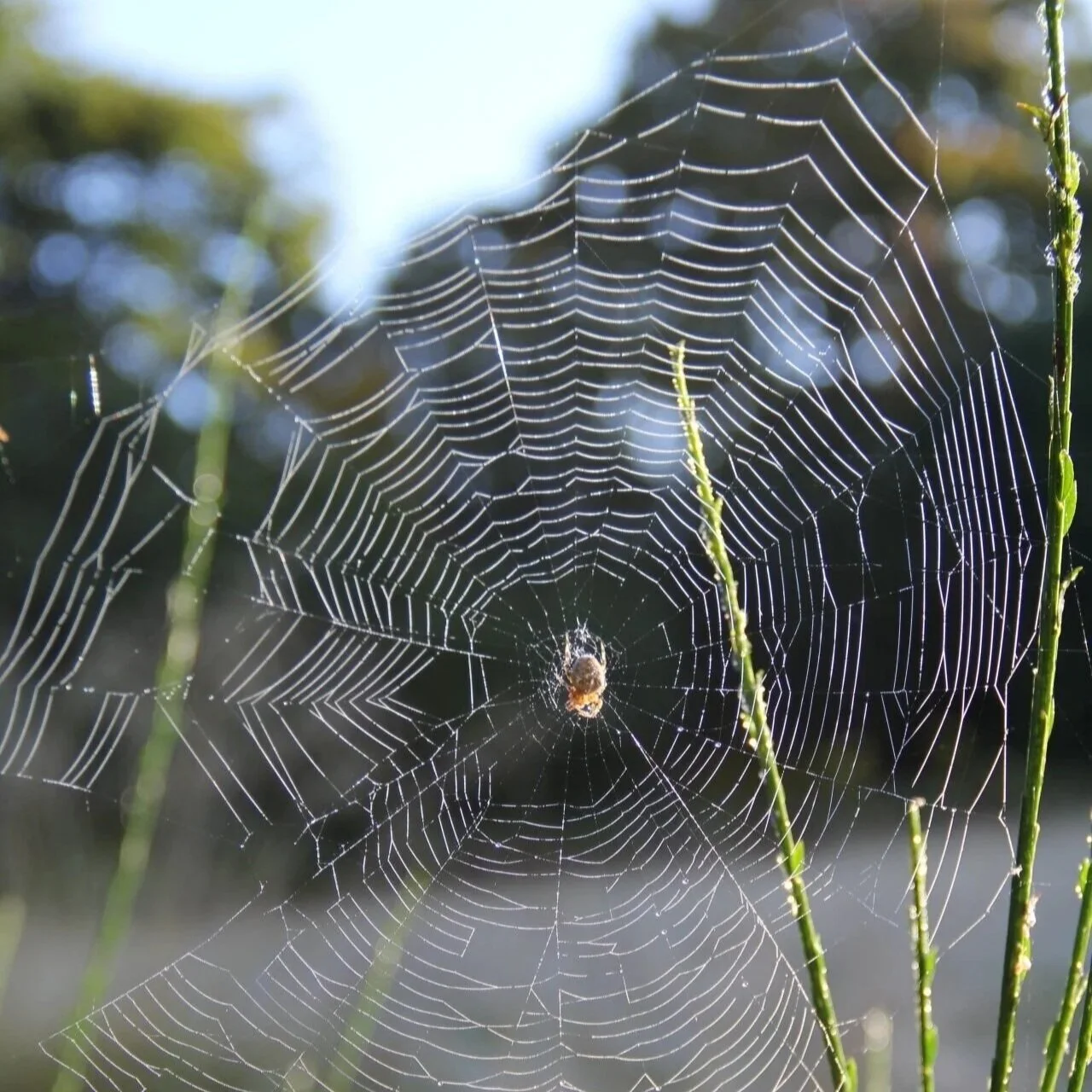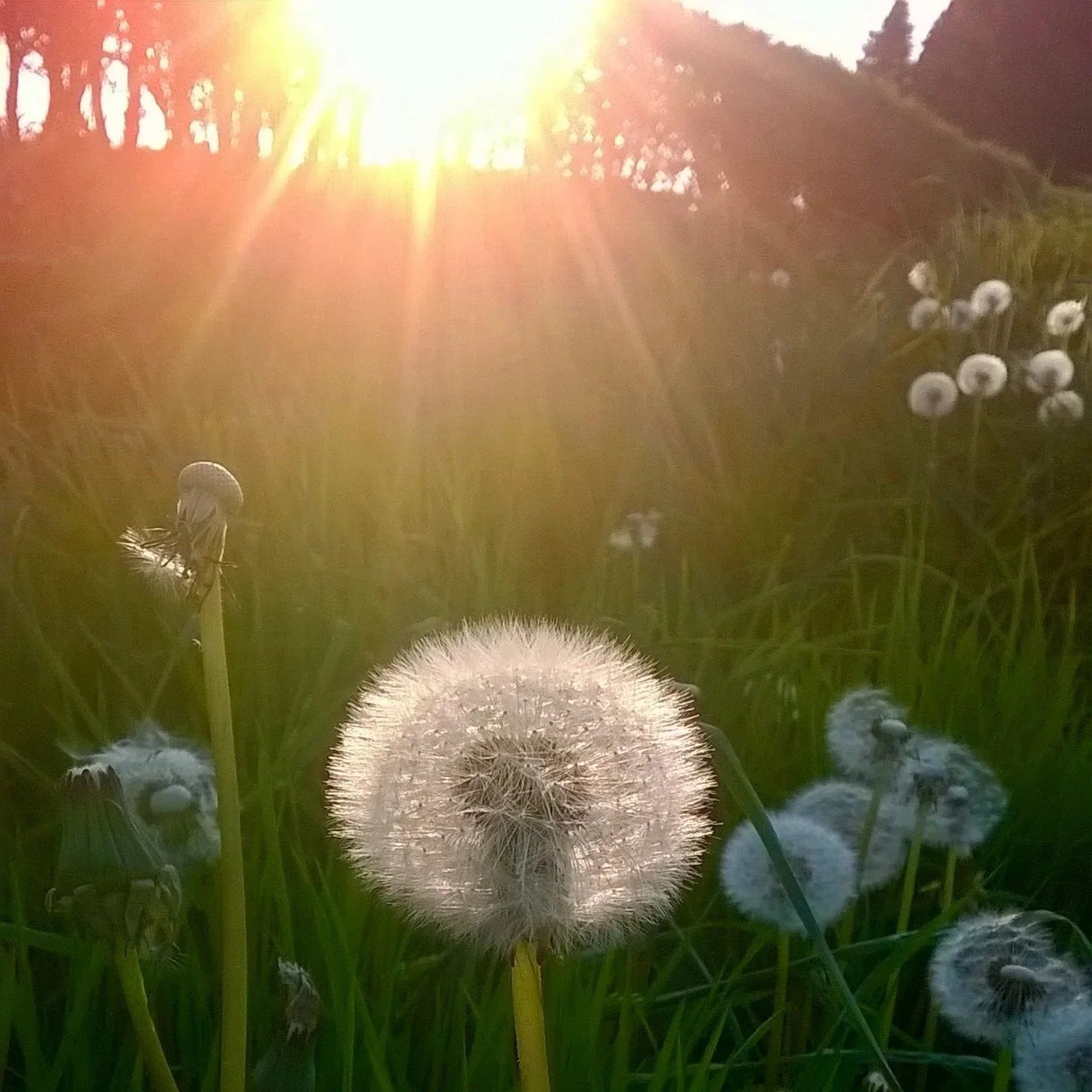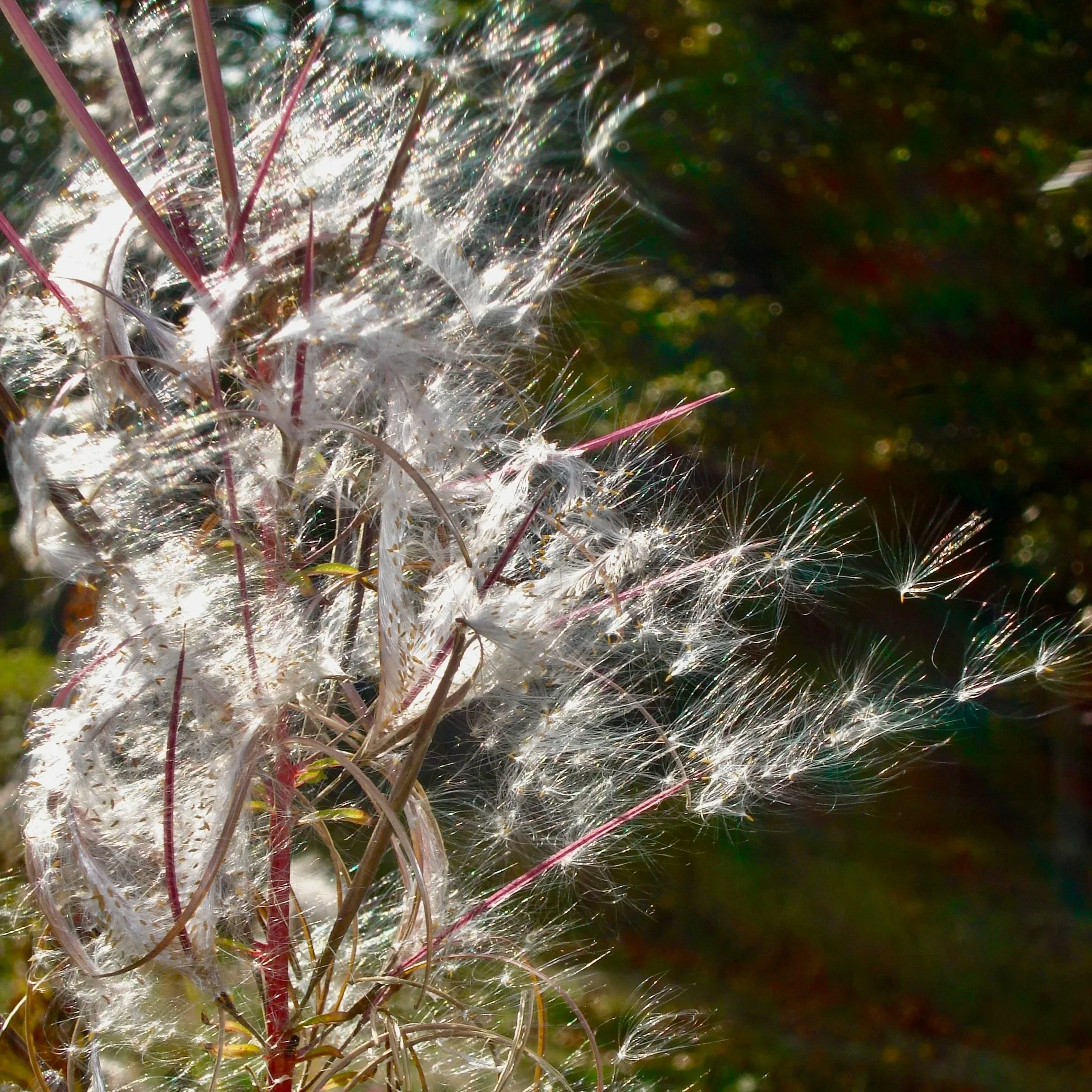
Mindfulness in Nature - Shinrin Yoku
Deepening Our Connection with the Living World
There is now a growing body of research showing what many of us have long felt — that being in nature nourishes not only the body but also the mind and spirit.
Time spent among trees, rivers, and open skies can restore calm, lift mood, and support a deep sense of wellbeing.
Although forest bathing may sound like a modern concept, its roots reach back thousands of years to the Shinto tradition of Japan. Practitioners of Shinto experienced their deities directly in the natural world, in rocks, trees, wind, and sunlight, and recognised that all of life is interconnected. They would walk and meditate in the forest to cultivate presence, humility, and communion with nature.
Today, modern science affirms what these ancient traditions already knew. Studies show that time in nature can reduce the stress hormone cortisol, lower blood pressure, ease anxiety and depression, and improve sleep.
Dr Qing Li, President of the Society for Forest Medicine in Japan, has found that trees release natural chemicals called phytoncides — antimicrobial essential oils that support both mood and immune function.
In Japan, where over sixty certified Forest Therapy Centres now exist, Shinrin Yoku is recognised as a form of preventative medicine and an integral part of public health care.
Shirin Yoku - More Than a Walk in the Woods
Shinrin Yoku is not simply a stroll through nature while chatting or thinking about the day ahead. It is a full and mindful immersion in the living world.
During a guided session, we move slowly and intentionally, engaging all the senses - the feel of the earth beneath our feet, the scent of the trees, the shifting play of light, the sound of birdsong, the touch of breeze on the skin.
This quiet attentiveness opens a deeper dialogue between ourselves and the natural world. As we listen, notice, and receive, we begin to feel not separate from nature but part of it - supported, held, and renewed by the same rhythm that flows through all living things.

“In Shinto, the spirits are not separate from nature, they are in it. They are in the trees, in the rocks, in the breeze, the stream, the waterfall.”
- Dr Li
A Return to Belonging
Mindfulness in Nature invites us to remember our place within the wider web of life. It teaches us to slow down, to breathe, and to trust in the cycles of growth, decay, and renewal that mirror our own inner seasons.
In this slowing, we rediscover something timeless — a felt sense of belonging, of being wholly alive and connected.
If you would like to experience Shinrin Yoku or join a mindfulness-in-nature session, please get in touch to find out about upcoming walks and gatherings.
The way I work
The way I work with people and groups is by bringing the qualities of mindfulness - presence, compassion, curiosity, and acceptance into direct relationship with nature. Through gentle guidance, walking meditation, poetry, and sensory awareness, we learn to receive the natural world as both mirror and teacher.
When we bring a heart’s question to nature and become still enough to listen, she speaks.
Nature as Guide and Healer
Nature offers intuitive insights and quiet wisdom when we meet her with openness. She speaks in her own language - through the call of a bird, the movement of a leaf in the breeze, the steadiness of a tree, or the soft, unexpected brush of a cobweb across the face.
Each of these moments can be a reflection, an invitation to awaken our senses and deepen our connection to life’s flow.
As we listen and receive, we find that nature gently mirrors back to us what we most need to see — offering perspective, healing, and a renewed sense of belonging.

“Climb the mountains and get their good tidings. Nature’s peace will flow into you as sunshine flows into trees. The winds will blow their freshness into you, and the storms their energy, while cares will drop off you like falling leaves”.
- John Muir, Nature Writings
Mindfulness in Nature courses and events
Weekly events
Guided Nature Meditation with inquiry
Mindfulness in Nature - Guided Nature Meditation with inquiry every first Monday of the month, 7.30 pm.
Contemplating Nature
Mindfulness in Nature Event - Contemplating Nature. Every second, third and fourth Monday of the month at 7.30 pm.







